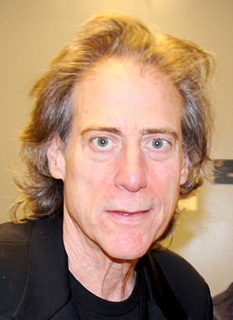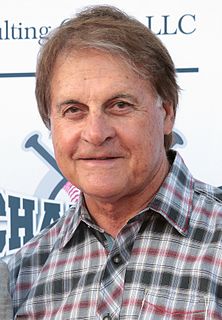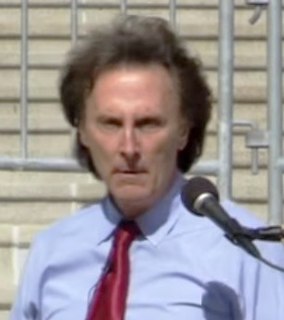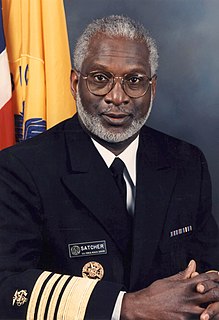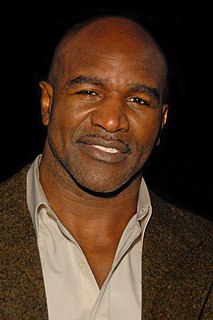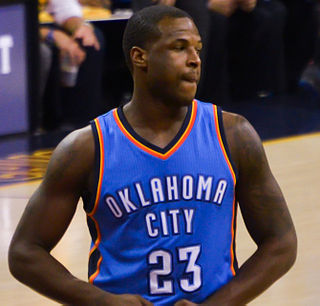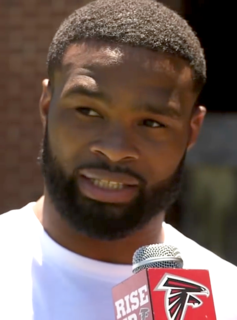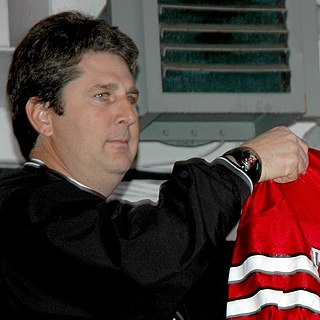A Quote by Richard Lewis
I quit therapy because my analyst was trying to help me behind my back.
Related Quotes
There had been a head of the FDA (who later turned out to be a fraud) his name was Fishbein and he was rampantly opposed to any alternative therapy. He went after Hoxsey, the Hoxsey therapy back in the 1940's and 50's, and destroyed Hoxsey. But not before Hoxsey sued the AMA and Fishbein and [proved] that the therapy actually worked. But it didn't help him because they closed him down anyhow
Freudian therapists do a lot of listening and very little persuading, and that was one of the reasons I eventually gave up being an analyst. You had to be too passive and not speak up, and you couldn't give homework to clients. While I was still an analyst, I wrote several articles criticizing psychoanalysis, but the analysts weren't listening to my objections. So I finally quit psychoanalysis after practicing it for six years.
The government ought to help out, because the average citizen can't go out and be doing reviews of the scientific literature. And focus on the processes that have low side effects and good long-term outcomes. Right now you're going to find those in the psychosocial area, in the therapy area, in the empirically supported treatments such as ACT or cognitive behavior therapy, behavior therapy. And go there first rather than going to the pill bottle as if it's going to be the end of your journey. Very often it's only going to help, and even only to a minor degree, and more is going to be needed.
In golf, you keep trying to score well when you're ahead. In basketball, they don't quit shooting when they're ahead. In hockey, they don't quit shooting the puck when they're ahead. And in boxing, you don't quit punching when you're ahead. But in football, somehow magically, you're supposed to quit playing when you're ahead.
